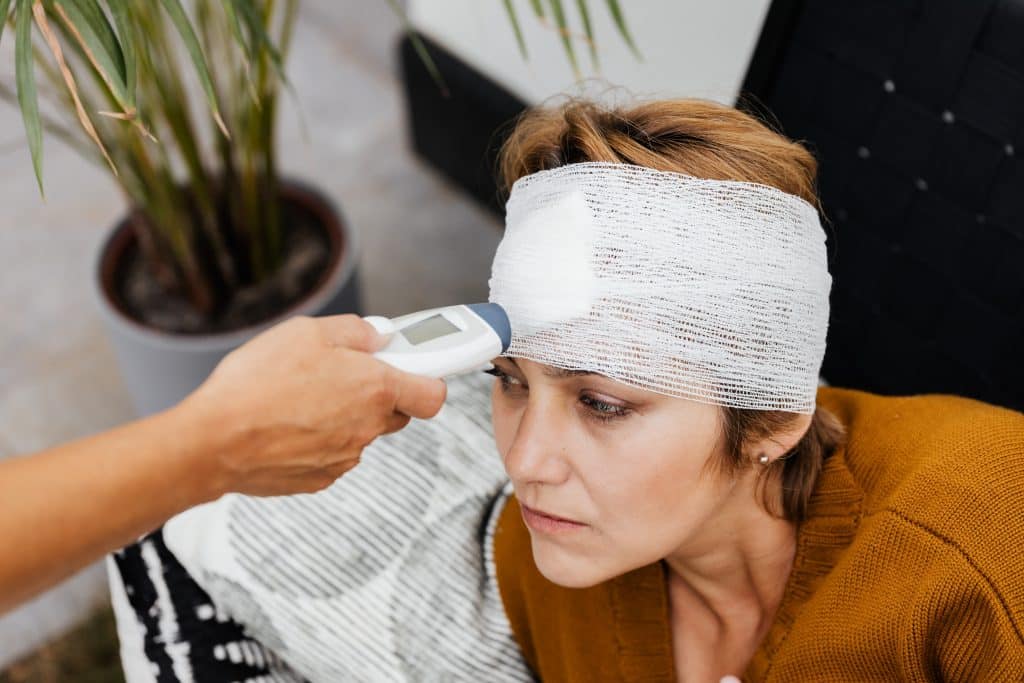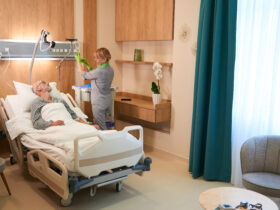Head injuries are often among the worst kinds of physical injuries a person can suffer, and millions of them occur every single year. They can happen in a range of situations and circumstances, from car accidents in which a person bangs their head against the steering wheel to sporting incidents in which a player takes a hard tackle from an opponent, and these kinds of incidents often lead to concussions. This guide will cover how concussions are diagnosed and some potential treatment methods too.
Diagnosis
Before we look at the precise ways in which concussions are diagnosed, it’s important to be able to define concussions and understand exactly what they are.
In simple terms, a concussion is a form of brain injury that occurs when a person takes some sort of impact or knock to the head, or suffers another kind of physical impact or experience that causes their brain to be disturbed or damaged.
There are many possible scenarios that can lead to a concussion, and concussions themselves can vary in severity too, from relatively mild concussions which may fade away quite quickly to more serious issues with long-lasting consequences.

Here are a few different ways in which medical professionals can carry out the diagnosis of concussions:
- Oral Interview – A simple method that many doctors will use for concussion diagnosis is to simply speak with a patient and find out more about the incident that led to their head injury. They’ll ask about how it occurred and what sorts of symptoms the patient has suffered since it happened.
- Neurological Analysis – Doctors may also carry out neurological exams on a patient in order to discover the extent of the damage caused by the concussion. These kinds of exams are relatively basic, testing things like reflexes and a patient’s ability to see and hear correctly, as concussions can often lead to impairments in basic neurological function.
- Cognitive Exams – As well as neurological tests, doctors may also proceed to carry out cognitive tests too in order to develop a deeper understanding of a patient’s problem. These tests might focus on cognitive abilities like memory, asking a patient to remember a set of numbers or words.
- CAT Scans – If signs of a concussion are present, a doctor may want to take a look at an actual scan of the brain in order to see how much damage has been done, as the situation might involve a traumatic brain injury (TBI). A CAT scan will provide a clear picture of the brain for easier diagnosis.
Treatments
If the patient is deemed to be suffering from a concussion, a doctor may prescribe a range of different treatments to aid them with their recovery. The treatments selected may vary, based on the severity of the symptoms, and possible options include:

- Physical Rest – Rest is one of the most commonly prescribed forms of treatment for concussions, and when we speak of ‘physical rest’, this essentially means that a patient should spend more time resting their physical body in bed and less time walking around or exercising in any major way.
- Mental Rest – Mental rest is another form of rest, focused more on the brain itself. To engage in mental rest, a person should avoid any activities that might put their brain under too much pressure, like working, watching complicated TV or movies, playing games, reading books, and so on.
- Painkillers – A lot of concussion cases involve headaches, along with other aches and pains, so patients may be given simple painkillers to help manage these symptoms.
- Therapy – If a patient is exhibiting signs of cognitive and neurological problems, more serious treatment will be needed, mostly centered around therapy. Therapy in various forms may be required in order to help the patient regain control of their cognitive functions and allow them to re-learn simple tasks and movements. A patient may also need emotional therapy and support in order to deal with mental health symptoms of their injury, like stress, anxiety, or even PTSD.
Final Word
Concussions can be very worrying, both for the patient themselves and their loved ones, but with rapid diagnosis and swift treatment, the odds of making a full recovery are relatively high. It may take some time, but those with concussions should start seeing improvements quite quickly, except in the most severe of cases. So if you suffer a head injury of any kind, make sure to get yourself checked out by a doctor for signs of concussion.














Leave a Reply